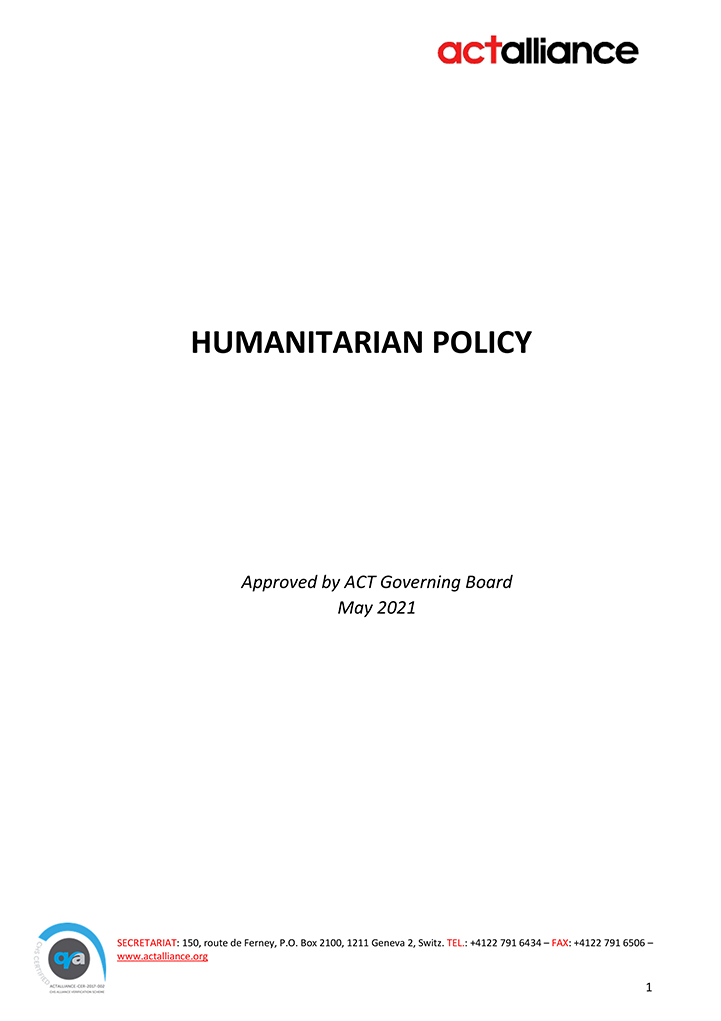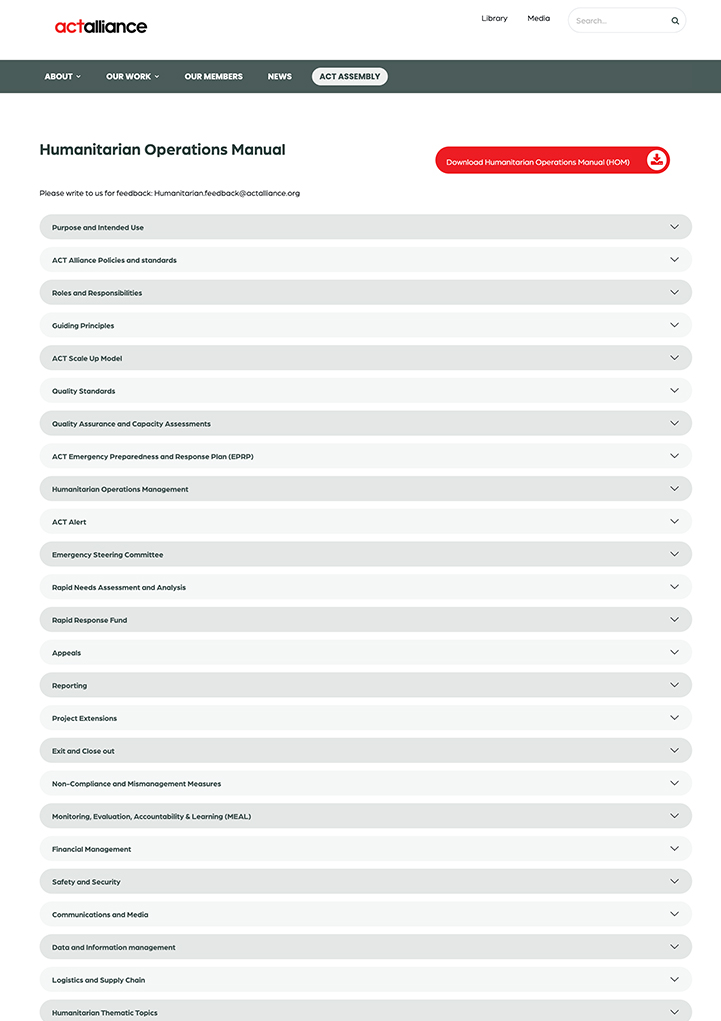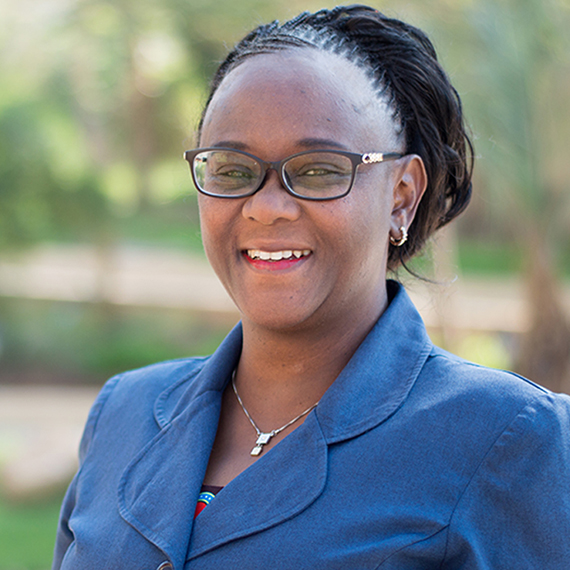On 2nd September 2025 a 6.0 magnitude earthquake (10 kms in depth) struck eastern Afghanistan near the border with Pakistan. The tremor, was followed by multiple aftershocks, including two measuring 5.2 magnitude. The quake has left a trail of destruction across remote districts of Kunar, including Nurgal, Chowkai, Watapur, Dara e Pech, Asadabad districts, Kuz Kunar and Dari-e-Noor districts in Nangarhar province and several districts in Laghman province.
According to the OCHA flash updates #2 the de facto authorities (DfA) now reporting just over 1,400 people killed, a further 3,100 injured and up to 5,400 homes destroyed.
The affected districts are among the most remote in Afghanistan. Landslides have blocked key access routes, and aircraft have been deployed to support rescue operations and evacuate critical patients to Jalalabad and Kabul.
Entire villages were reportedly “wiped out,” with homes collapsing on terraced slopes. Access challenges due to damaged roads, poor connectivity, and rugged terrain are delaying assessments and aid delivery in these areas. Border regions near Pakistan, where displaced populations and returnees were already living in makeshift shelters, are facing compounded vulnerabilities.
According to initial reports, Food, NFIs, Shelter, Cash Assistance, Health, WASH and Psycho-social are the major needs on the ground for the affected people.
our members in Afghanistan CAID, CWSA, NCA, HIA have developed its appeal to address the urgent and medium team needs of the affected population by providing multipurpose cash assistance, health, wash protection and food & nonfood items.
Requesting members have prepared a detailed result framework which will be shared via email with the members.
Afghanistan EQ Appeal (AFG 251)










